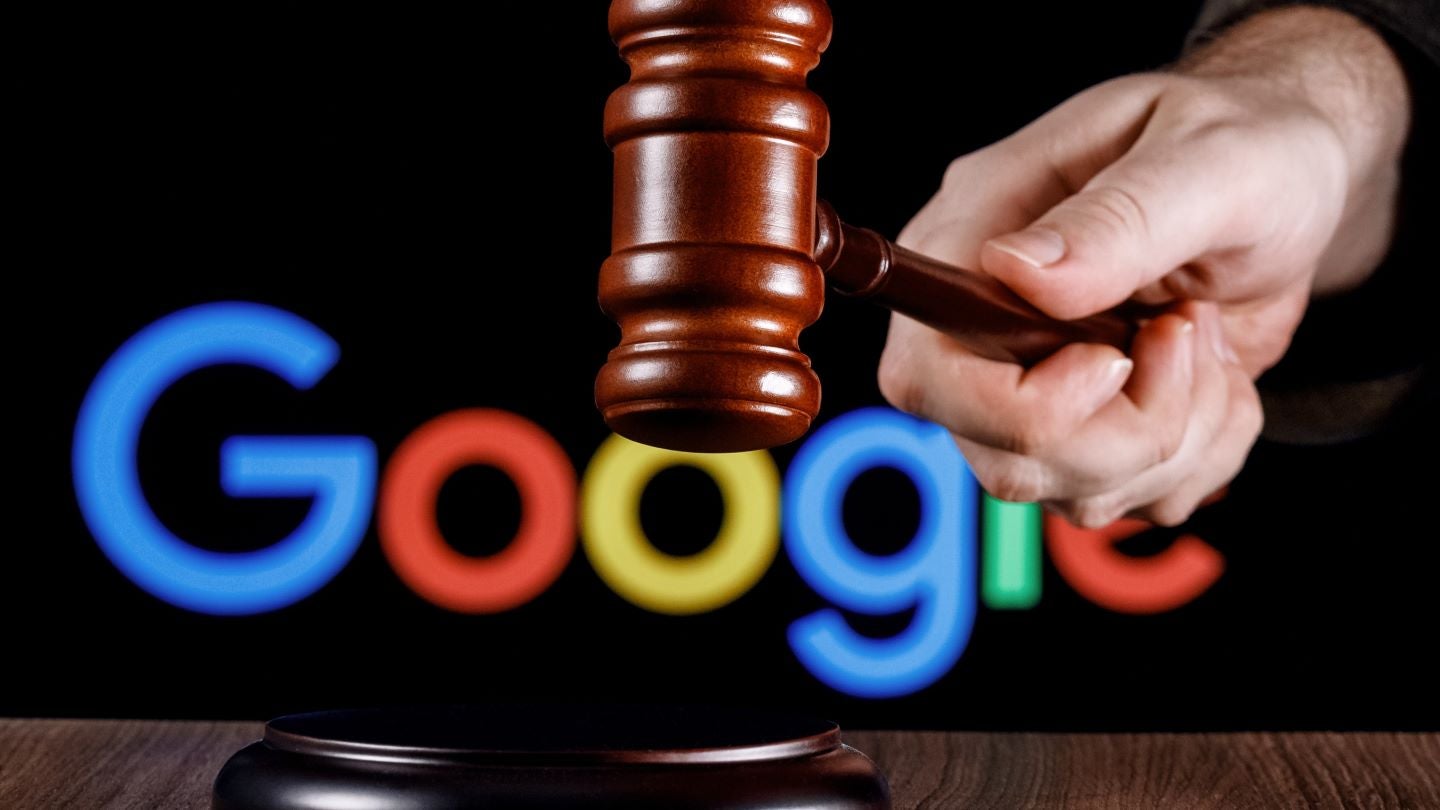
The US is contemplating court-ordered remedies that could compel Alphabet’s Google to divest key components of its business, such as the Chrome browser and Android operating system.
This move aims to dismantle what is deemed an illegal monopoly in online search.
“On 5 August 2024, the Court found Google liable under Section 2 of the Sherman Act for maintaining monopolies in US general search services and US general search text advertising,” according to the court document.
Reuters reports that the Justice Department’s proposed remedies could drastically change how Americans access information online, potentially reducing Google’s revenues and providing competitors with opportunities to grow.
As per the document, the plaintiffs are exploring measures that would restrict or eliminate Google’s ability to use contracts, monopoly profits, and other means to dominate or influence distribution channels and search-related products, including browsers, search apps, and artificial intelligence (AI) features.
The documents indicate that the plaintiffs are assessing remedies that could limit or ban default agreements and revenue-sharing arrangements related to search and search-related products, possibly through the implementation of a choice screen.
Additionally, the plaintiffs are considering both behavioural and structural changes to prevent Google from leveraging products like Chrome, Play, and Android to favour its own search services and related features over those of competitors or new market players.
In 2021, Google paid out $26.3bn to companies including Apple and other device manufacturers to keep its search engine as the default, thereby maintaining its strong market share.
In response, Google, which intends to challenge these findings, has labelled the proposed remedies as “radical”, arguing that they exceed the scope of the legal issues at hand.
To limit Google’s influence in AI, the Justice Department might also propose making Google’s search indexes, data, and models available to competitors.
Prosecutors might seek further restrictions on Google’s ability to enter agreements that hinder AI competitors’ access to web content and allow websites to opt-out of having their content used by Google to train AI models.
Google has warned that such AI-related proposals could hamper the industry’s growth.
“We believe that today’s blueprint goes well beyond the legal scope of the Court’s decision about Search distribution contracts. Government overreach in a fast-moving industry may have negative unintended consequences for American innovation and America’s consumers,” Google added.
The Justice Department is expected to submit a detailed proposal to the court by 20 November, while Google will have until 20 December 2024, to suggest its own remedies.







